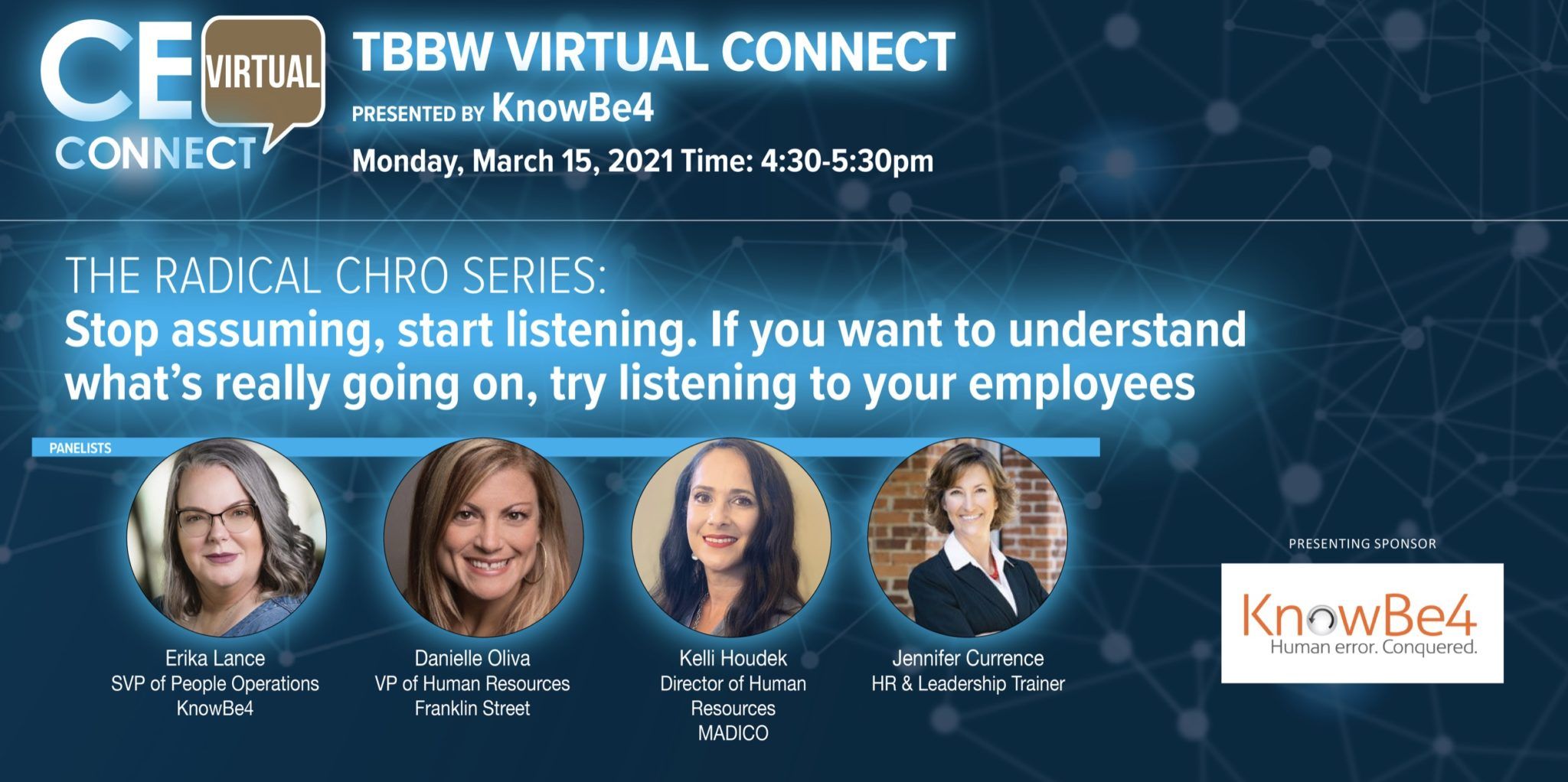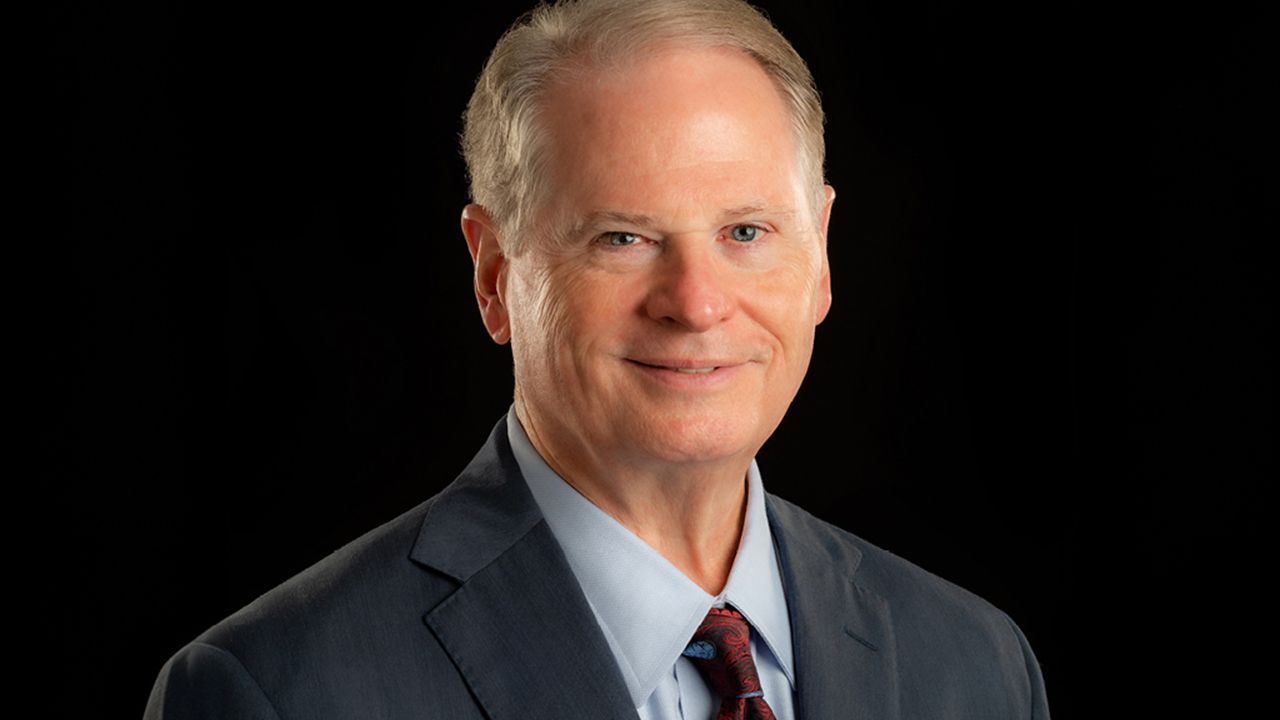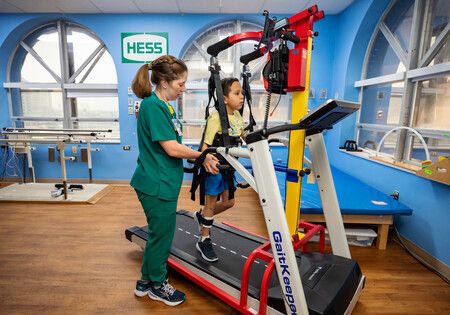By Christine Hairelson, vice president, employee experience at Accusoft/OnTask
COVID was a massive stress test, and gut check, for every organization regardless of size, scope or industry. All departments were faced with unprecedented scenarios that tested organizational processes, teams, culture and technology. Unfortunately, many of us quickly found we needed to evolve and evolve fast.
This was especially true with most human resources departments. With HR professionals being responsible for the fundamental operations of an organization – employee support, culture, recruiting, payroll, facilities and more – COVID revealed they were in desperate need of change.
Manual processes embraced for decades were suddenly inefficient. Flexibility was inextricably, and directly, tied to efficiency. Employees needed support in unusual ways. Recruiting and retention strategies had to be modified. Remote and hybrid workforces required new, innovative solutions.
Simply put, this was the biggest shift the HR industry had seen in decades. Organizations that survived best were those that had executive teams that recognized the strategic role, and critical nature, of HR.
The c-suite tends to focus on strategy, not emotion. But amid a global pandemic, emotion is everywhere in business and must be addressed. But by whom? Who has the time?
As we work with and support teams across the country, and beyond, there are some constants we see with HR teams. They tend to be underfunded, typically understaffed and too often not viewed as a strategic function of the organization.
HR fills many logistical roles, as well as interpersonal ones – counselors, emotional support, organizational support, addressing salary concerns and supporting culture, to name a few. These teams aren’t just keeping the lights on, they are keeping the staff together.
Because of their versatility, HR teams are often used as a stop-gap measure and viewed as tactical executors instead of strategic partners. With all these factors working against them, it’s more important than ever to invest in, and streamline, the HR function to keep culture, employees and teams together.
Four Things CEOs Should Consider
Although HR teams have experienced, perhaps, the toughest two years in a generation, the good news is there are solutions to support these teams and position your organization to thrive as we enter a new era of business operations.
There are specific elements organizations must have to ensure HR teams thrive and deliver critical support. Four key considerations for CEOs, and their executive teams, to consider include:
Autonomy to Align Resources
People are the most valuable resource businesses have. As organizations continue their digital transformation journey the needs of employees and teams will shift alongside them. HR teams will have an even greater role in driving efficiency, improving retention and streamlining operations for an evolving workforce. To do that effectively, HR teams need the autonomy to align resources with the human needs of the organization.
Launching a new family leave program may be great, or it could miss the mark if it doesn’t meet the need of the workforce. CEOs should use their HR teams to understand these needs and empower those teams to make decisions in the best interest of the staff.
Adequate Funding & Resources
Employees are your greatest resource which means investment in the function and staff to support them is critical. To help ease the burden of administration and meet the needs of your staff, CEOs should prioritize funding for HR programs and initiatives.
Furthermore, most HR teams are staffed by one or two dedicated people, often doing the job of many more. For a team responsible for some of the most crucial foundational elements of your organization, CEOs need to take a more critical look at the staffing of this function. Whatever your number is, make sure it meets the needs to deliver value to your staff and employees.
Freedom to Implement “Non-Essential’ HR Programs
Although we’d like everything we do to be considered essential, the reality is there are a lot of “nice to haves” that make a real impact on the intangible elements of a workplace, like culture and teamwork. Employee training and workshops that provide experience outside their core functions, establishing mentorship opportunities, setting up resource groups or simply finding ways to create memorable experiences will create a productive and fulfilled workforce that will not only work hard for your business, but advocate for your brand.
Change your lens to see the value, not cost, in the programs you offer and empower your HR teams to find programs that elevate your organization, your staff and your culture, even when the business landscape is uncertain.
A Seat at the Executive Table
If your HR team doesn’t have a seat at the proverbial table, it’s time to take a fresh look at the table. HR is a strategic function of an organization, providing direction and support at the most fundamental levels.
We’re in an unprecedented business environment and new landscapes call for new views. CEOs and executive teams need to put the status quo aside and think progressively to make progress and that includes ensuring your HR team has a seat at the executive table.
The Future Is Here
Leaders have been wading through new waters since the beginning of COVID. One of the biggest lessons we all learned was that flexibility was crucial and we need to focus our attention on what supports our teams and drives the biggest results.
COVID forced organizations to find innovative solutions, some that should have come long before the crisis did. Thankfully, we have the chance to embrace this innovative approach and it starts with a new way of thinking about human resources.
Christine Hairelson is the vice president of employee experience for Accusoft and OnTask. She is responsible for the overall development of HR strategies and programs for the company, including compensation and benefits, staffing and employee relations. As a member of the Society of Human Resource Management, she holds their highest certification, the SHRM-SCP (Certified Senior Professional).














